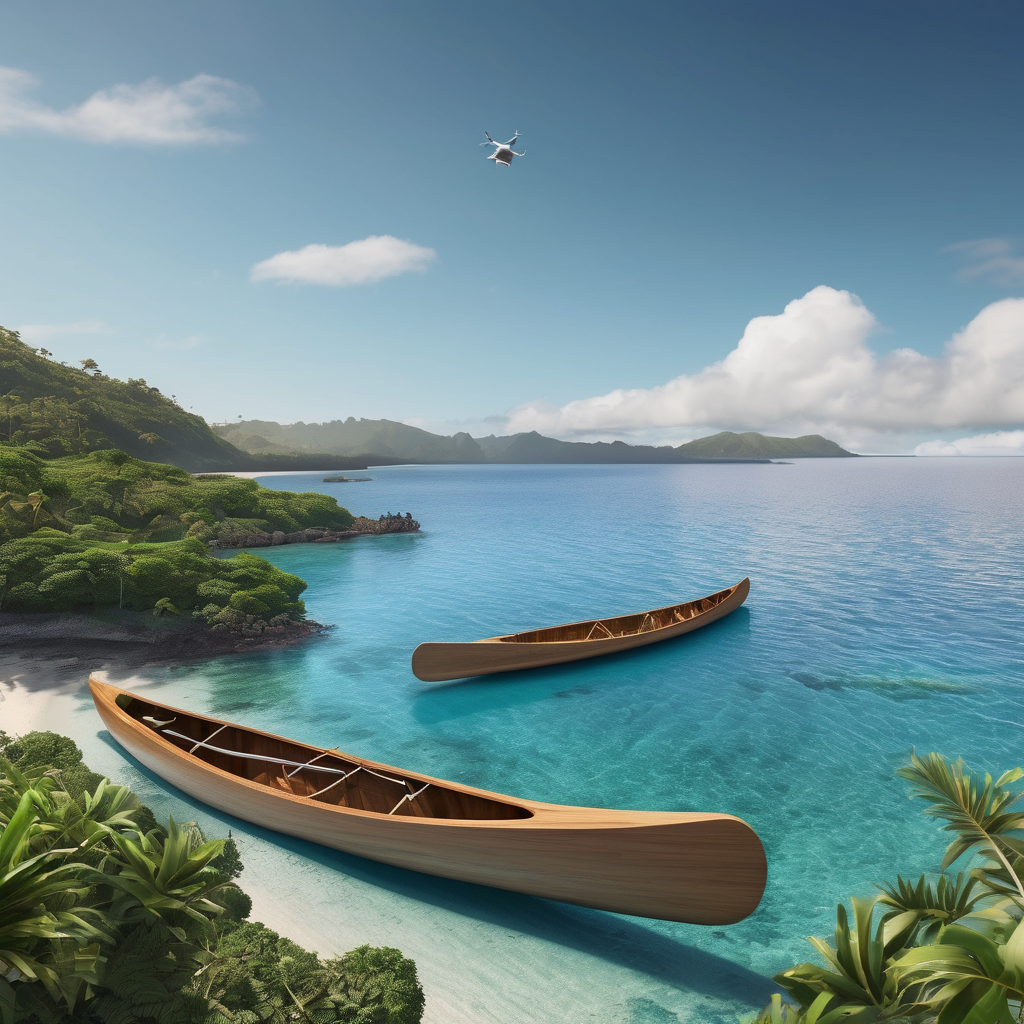The second Pacific Islands Ocean Conference (PIOC), held at the Heritage Park Hotel on September 29, 2025, gathered traditional knowledge holders, scientists, and ocean professionals from across the Pacific region to address the challenges facing their oceans. The conference opened with a captivating performance by the Dreamcast performers, emphasizing the indispensable connection between the ocean, science, and traditional wisdom.
Dr. Filimon Manoni, the Pacific Ocean Commissioner, underscored the conference’s focus on people-centric ocean governance, urging communities to become actively involved in oceanic decision-making processes. He emphasized the need for future generations to become stewards of the ocean, inspiring them to utilize it as a source of identity and a responsibility to maintain its health.
The five-day conference, orchestrated by the Office of the Pacific Ocean Commissioner (OPOC), the Pacific Community (SPC), and the Secretariat of the Pacific Regional Environment Programme (SPREP), provided a collaborative space for discussing sustainable ocean management strategies. Focus areas included community-based fisheries management, illegal fishing, and the integration of traditional practices with scientific research.
Community-based fisheries management was a key topic, with speakers highlighting the significance of community engagement in combating illegal, unreported, and unregulated fishing. Kinisimere Batibasaga from Fiji emphasized the necessity for communities to feel ownership for enforcement to achieve lasting change.
Technological advancements were also showcased, such as an app developed by Laitia Tamata, enabling fishers to track catches and connect with local markets. The app represents a shift towards empowering local stakeholders while contributing to broader monitoring efforts.
The conference underscored the importance of blending traditional knowledge with scientific innovation. Participants discussed methods like community taboos, seasonal fishing bans, and sacred marine sites that complement scientific data, highlighting their holistic approach to ocean management.
However, sustaining long-term conservation initiatives remains a challenge, many projects faltering without immediate visible benefits. The conference called for practical, community-driven monitoring systems and education initiatives that align conservation with economic incentives, stressing the necessity of partnerships between governments, NGOs, and local enterprises.
The discussions concluded with a call to align conservation measures with livelihood opportunities, emphasizing the ocean’s dual role as a supermarket and an identity source. This conference highlighted that through the integration of science, tradition, and policy, the Pacific region can pave the way for a resilient and sustainable future for its oceans and communities.
